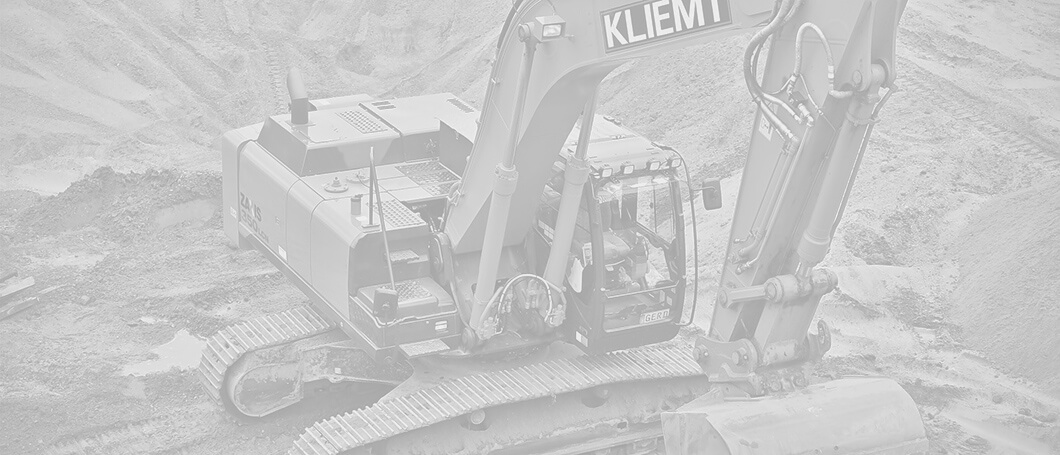

Considerations When Buying or Renting Heavy Equipment
For many company owners in the heavy equipment industry, deciding to buy or rent heavy equipment can be a difficult decision to get the job done. Maybe you have a big contract on the horizon or simply expanding your company’s capabilities to attract more customers. Whatever your particular situation is within your organization, how do you decide when to buy equipment or when to rent?
There are pros and cons to both buying and renting, but first it pays to evaluate your company’s current financial status and your plans for the future. You will have to consider which method of acquiring new equipment will be the most advantageous to your business’s operation and which method is going to make your life a whole lot easier. Initial cost is the main consideration when determining which route to go, but it is not the only factor.
You must think about the other aspects in your decision making process such as usage, availability and delivery times. By carefully analyzing what makes the most sense for your organization and its project requirements, you can make the smart choice and come to a suitable conclusion. Your ultimate objective is to achieve your goal more quickly so that you can move ahead efficiently.
Current Finances:
Obviously, this is a big factor since you have to decide if you currently have the capital to buy equipment because buying may be a larger one-time outlay. On the other hand, some companies are not able to afford the large upfront cost of purchasing a new piece of heavy machinery; therefore renting might be a better option for now.
Renting allows you the option of maintaining a steady cash flow during a project, but the cost of renting can add up quickly and cost you more over the entire rental period. However, you should look beyond your current financial situation so that you can project your costs over time, whether it’s over several months or even years. That particularly applies to owning equipment since you can see your return on investment when you go to sell the machinery.
Another option to consider, if you don’t have the upfront capital to invest in equipment, is the rent to own opportunity. By renting to own, you’re investing in machinery that you can ultimately add to your company’s inventory for projects you know you’ll need for future.
The Costs-Ownership versus Renting
It essential that you consider the many costs associated with equipment ownership versus the cost of renting equipment. With ownership comes maintenance costs and it’s your responsibility to keep the equipment in top condition. The operating costs, insurance and other governmental fees or requirements, like meeting environmental standards, all cost money that comes out of your pocket. Even though these costs may vary from machine to machine, they are still a financial consideration that you must address.
When you rent, most costs are inclusive, but like any company, the rental company has to turn a profit. The rental fee will encompass the rental company’s purchase price for the equipment and all associated costs of ownership and therefore considerably marked up. You will most likely have to pay for transporting the equipment to and from the rental location each time a rental of equipment is required. These costs obviously jack up the price to rent, but your exposure to ownership costs are diminished, or are they?
Whether you own or rent equipment, fuel costs are common for these two options and needs to be considered for both. It is estimated that about one-third of your total expenses will be associated with the cost of fuel for equipment operation.
Since either renting or ownership of equipment is an expensive endeavor for you and your company, you should talk to your financial advisor about possible tax implications regarding which option has more advantages for the short or long haul.
Equipment Availability & Usage
If you rent, you have to consider the potential risk of a rental company not having a particular machine when needed; however, with owning your equipment is available to you 24/7. With ownership, you have the ability to react to expected changes in project schedules or take on a job at a moment’s notice. This factor can be attractive for potential clients who see your company as a well-equipped and stable on-going concern.
On the other side of the coin, you may need a specialized piece of equipment for a short term job or for a one-off job, in which case renting may make more sense. The risk you run doing this is unforeseen hold ups in the project schedule which may cost you more money over time.
The Bottom Line
Whether you opt to rent or buy equipment, both bring their own unique benefits and challenges. The most important factor in your decision is to weight your company’s needs and goals to determine which route is the best for you.


